A dependent clause is a group of words that cannot stand on their own as a full sentence or complete sentence like independent clauses can. There are many different types of clauses with a different grammatical function. The start of a noun clause might be different than adjective clauses. These can be used in informal speech, by kids, or in formal speech. Keep an eye out for this type of dependent clause. This part of the sentence will have special words that denote it at the beginning of a sentence or after a conjunction in compound sentences.
A subordinate clause has a subject and verb but, unlike an independent clause, cannot stand by itself. It depends on something else in the sentence to express a complete thought, which is why it's also called a dependent clause. Some subordinate clauses are introduced by relative pronouns and some by subordinating conjunctions ( although, because, if, unless, when, etc.).
Subordinate clauses function in sentences as adjectives, nouns, and adverbs. According to Your Dictionary, a noun clause is a dependent clause that functions as a noun in a sentence. It often follows a linking verb or copular verb to describe or modify the subject of the sentence.
A noun clause can be a subject, an object of a preposition, predicate noun, predicate nominatives, an adjective complement, the direct object of the verb, or a subject complement. Distinct from a noun phrase, a noun clause contains a subject and a verb. Noun clauses function to add more details to a sentence. To test if a clause is a noun clause, you can replace it with other nouns or pronouns such as interrogative pronouns or relative pronouns. Noun clauses will often start with how, that, what, whatever, when, where, whether, which, whichever, who, whoever, whom, whomever, why, and other wh-words. In linguistics, a dependent clause is a clause that augments an independent clause with additional information, but which cannot stand alone as a sentence.
Dependent clauses either modify the independent clause of a sentence or serve as a component of it. Some grammarians use the term subordinate clause as a synonym for dependent clause. Others use subordinate clause to refer only to adverbial dependent clauses.
The different types of dependent clauses include noun clauses, relative clauses, and adverbial clauses. A subordinate clause, dependent clause or embedded clause is a clause that is embedded within a complex sentence. Subtypes of dependent clauses include content clauses, relative clauses, and adverbial clauses.
A content clause, also known as a "noun clause", provides content implied or commented upon by its main clause. It can be a subject, predicate nominative, direct object, appositive, indirect object, or object of the preposition. Some of the English words that introduce content clauses are that, who , whoever , whether, why, what, how, when, and where. Notice that some of these words also introduce relative and adverbial clauses. A clause is a content clause if a pronoun could be substituted for it.
Read the sentences below and complete the instruction that follows. The coach, who has ten years' experience, has agreed to lead our team. The coach who has ten years' experience has agreed to lead our team.
Select the answer that explains the difference between the two sentences, as well as the purpose each clause serves for the benefit of the reader. The first sentence contains a noun clause that functions as a predicate nominative; therefore, it renames the subject of the sentence for the reader. The second sentence contains an essential adjective clause that modifies the noun "coach"; therefore, it clarifies for the reader which coach is being discussed. The second sentence contains a noun clause that functions as a predicate nominative; therefore, it renames the subject of the sentence for the reader. In writing, it is important to recognize the different types of clauses, or groups of related words.
It contains a subject, verb, and a complete thought. It is combined with an independent clause to create a complex sentence. There are several different types of dependent clauses, including relative, noun, and adverbial. A dependent/subordinate clause doesn't make any complete sense or complete sentence alone. Dependent clause begins with subordinating conjunctions, relative pronoun, or some other words that help to add an independent clause to make a complete sense.
A relative clause is an adjective clause that describes a noun. Some relative clauses are essential to the sentence and should not be separated with commas, while other relative clauses are nonessential and should use commas to separate the clause. It can be the subject or object of the verb, object of preposition, or an adjective complement. The subordinators do the work of connecting the dependent clause to another clause to complete the sentence. In each of the dependent clauses, the first word is a subordinator.
Subordinators include relative pronouns, subordinating conjunctions, and noun clause markers. An independent or main clause can make a complete sentence with a complete thought. It contains both a subject and a predicate and it can alone make a sentence and can be a part/clause of the sentence. Coordinating conjunctions are used to connect two equal independent clauses, using a comma before the conjunction. Noun clauses may seem very similar to relative clauses but are different and can be easy to identify.
First, other dependent clauses work as adverbs or adjectives; this does not. Second, remember that a noun clause is the noun of the sentence, whereas a relative clause will be dependent on the noun of the sentence. Finally, a noun clause is always essential to the sentence. There are times that a relative clause can be removed, but a noun clause is the noun and must be present. Most of the time, noun clauses start with a question word, sometimes called a subordinating word. The word can either be a relative pronoun, which acts as a noun, or a subordinating conjunction that introduces a dependent clause.
This word links the 2 clauses together and addresses a question from the independent clause. Unlike independent clauses, they can't stand alone as full sentences. If you're not sure whether a clause is a noun clause, try replacing it with other nouns or pronouns. A dependent, or subordinate, clause contains a subject and a verb or verb phrase but does not express a complete thought.
As a result, it cannot stand alone as a sentence. Dependent clauses can function either as noun clauses, adjective clauses, or adverb clauses. ABSTRAK-The English sentences contain a lot of noun clauses.
A noun clause can be functioned as a subject after it, object of a verb, object of preposition, subjective complement and also as an appositive in a sentence. Noun clause can be preceded by question words ; noun clause can be preceded by whether or if and also can be preceded by that. The problems of this research are about the types and the syntactic functions of noun clause. The aims of this paper are to analyze the types and the syntactic functions of a noun clause used in the sentences that written in the novel The Moon Stone by Wilkie Collins.
The writer used a descriptive research as the research method. As a result, the writer found 160 sentences that contain noun clauses in the novel. They are 43 sentences which are preceded by question words; 8 sentences preceded by whether or if; and 20 sentences preceded by that. According to syntactic function of English noun clause, the writer also found 89 sentences. The theories are taken from some books which are related to the topic. Relative clauses are dependent clauses introduced by a Relative Pronoun .
Relative clauses can be either restrictive or nonrestrictive. In a relative clause, the relative pronoun is the subject of the verb (remember that all clauses contain a subject-verb relationship) and refers to something preceding the clause. Clauses are groups of words that have both subjects and predicates. Unlike phrases, a clause can sometimes act as a sentence – this type of clause is called an independent clause. While the independent clause could be used by itself as a complete sentence, the subordinate clause could not.
A noun clause is a dependent clause that acts as a noun. Noun clauses begin with words such as how, that, what, whatever, when, where, whether, which, whichever, who, whoever, whom, whomever, and why. Noun clauses can act as subjects, direct objects, indirect objects, predicate nominatives, or objects of a preposition. Subordination involves turning one of the clauses into a subordinate element through the use of a Subordinating Conjunction or a Relative Pronoun. There are other ways of combining ideas — by turning independent clauses into various kinds of modifying phrases.
Again, see the section on Avoiding Primer Language. This post has considered one of the major sub-types of the subordinate clause or the dependent clause, the noun clause with its types, functions and examples. Ensure you check the two other sub-types, the adverbial clause and the relative clause. Do not forget to check the post, what is a clause as it would help you put all the sub-types in perspective. Remember to share this post and others with your friends by using our Social Media share buttons. It cannot function on its own because it leaves an idea or thought unfinished.
These help the independent clauses complete the sentence. Most people are comfortable with the idea of a noun, but they may not feel so confident when it comes to the noun clause. A noun clause is a group of words acting together as a noun. Take a look at some sample sentences containing noun clauses to understand their purpose and function.
A subordinate or dependent clause expresses an incomplete intent and cannot function on its own. To complete a sentence, dependent clauses are joined with independent clauses by the help of subordinators as a subordinate clause cannot form a complete sentence alone. See if you can determine the function of the hilighted dependent clause in each of the following passages. Dependent Clauses cannot stand by themselves and make good sense.
They must be combined with an independent clause so that they become part of a sentence that can stand by itself. They act either in the capacity of some kind of noun or as some kind of modifier. There are three basic kinds of dependent clauses, categorized according to their function in the sentence. Remember that a dependent clause always contains a subject and a verb, but it cannot stand by itself.
Two or more independent clauses can be joined by using coordinating conjunctions or by using semicolons. The most important thing to remember is that an independent clause can stand alone as a complete sentence. Noun clauses function in any way that a one-word noun can function. They are great additions to a sentence when you want to provide more information and vary your sentence structure. Compare noun clauses to different types of clauses with a guide to teaching adverbial and adjective clauses. B)Adjective / Adjectival Clause - An Adjective Clause takes the place of an adjective in another clause or phrase.
Conjunctive adverbs along with semicolons are well suited to join independent clauses or two complete sentences. They connect two sensible ideas within one sentence. These adverbs balance and contrast items, list events or exemplify cause and effect. An adverbial clause is a dependent clause that functions as an adverb. That is, the entire clause modifies a verb, an adjective, or another adverb.
As with all clauses, it contains a subject and predicate, though the subject as well as the verb may sometimes be omitted and implied. The first occurs when a writer puts no mark of punctuation and no coordinating conjunction between independent clauses. The second is called a comma splice, which occurs when two or more independent clauses are joined by just a comma and no coordinating conjunction. An independent clause, also called a main clause, is a clause that can stand on its own.
It contains all the information necessary to be a complete sentence. A dependent clause, also called a subordinate clause, is a clause that cannot stand on its own because it does not contain all the information necessary to be a complete sentence. For this activity, identify whether each of the given sentences is an independent or a dependent clause.
For sentences that are dependent, specify whether they are relative, noun, or adverbial clauses. To do this, you must right-click and print this page. With a pencil and an eraser, neatly write your answers in the blank space provided.
Knowing how to identify relative clauses will help you avoid this type of fragment. Remember that complete sentences require a complete thought, and these do not have one. You will want to be sure to join these clauses with an independent one. In addition, by knowing how to identify relative clauses, you will also know how to punctuate your sentence correctly and avoid a common comma error.
You will be able to show your audience what information is essential to your sentence by remembering how to identify the relative clause and then punctuate correctly. The term "noun clause" might sound confusing, but finding and identifying one is much easier than you might think. Simply put, a noun clause is a dependent clause that takes the place of a noun in the sentence. A dependent clause is a phrase that can't stand on its own as a complete sentence. If a dependent clause can stand in for a person, place, or thing, then it's a noun clause. By breaking down the sentence into simpler parts, you can find noun clauses easily.


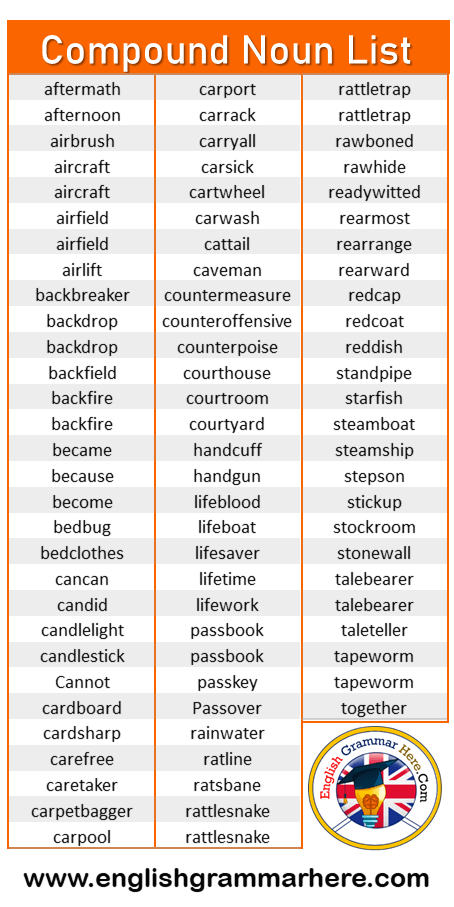
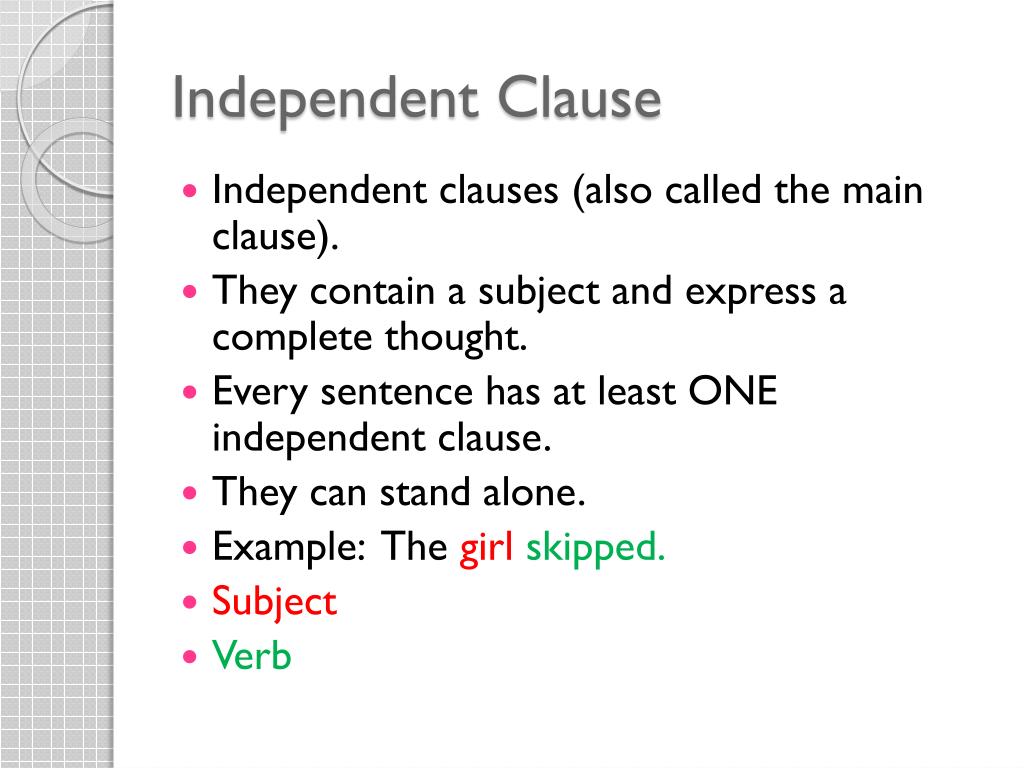



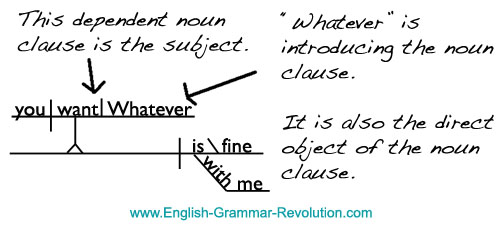





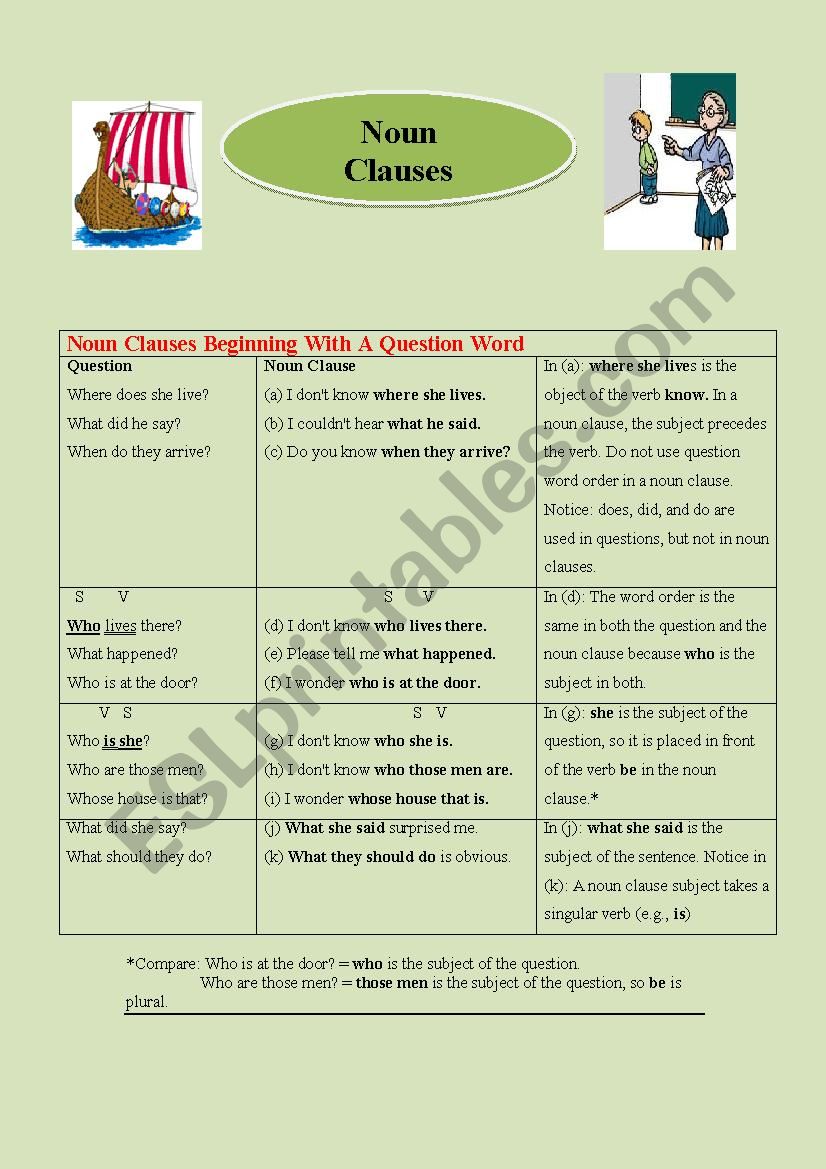
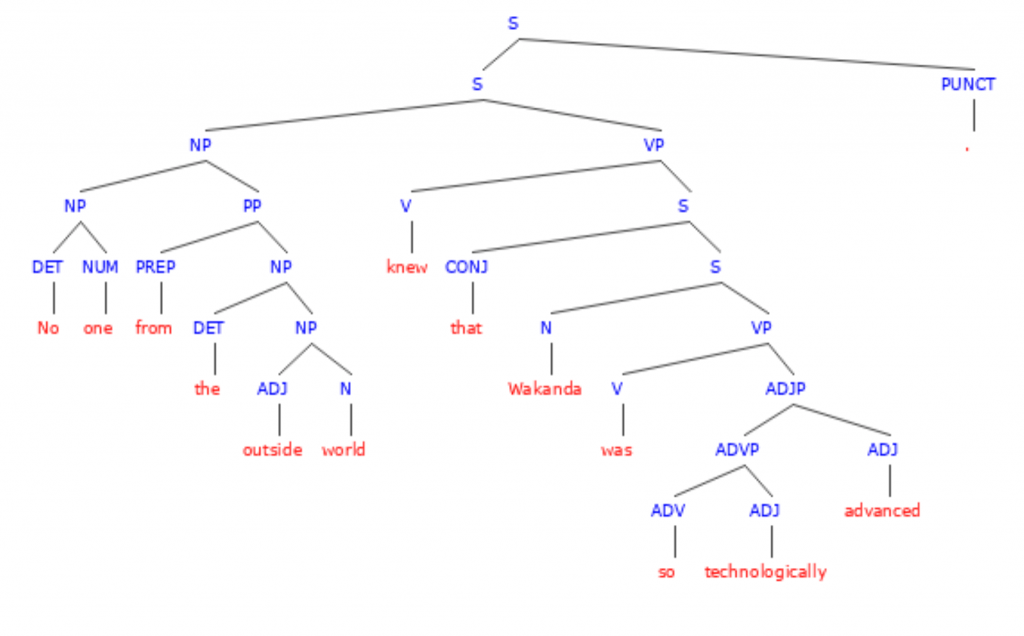



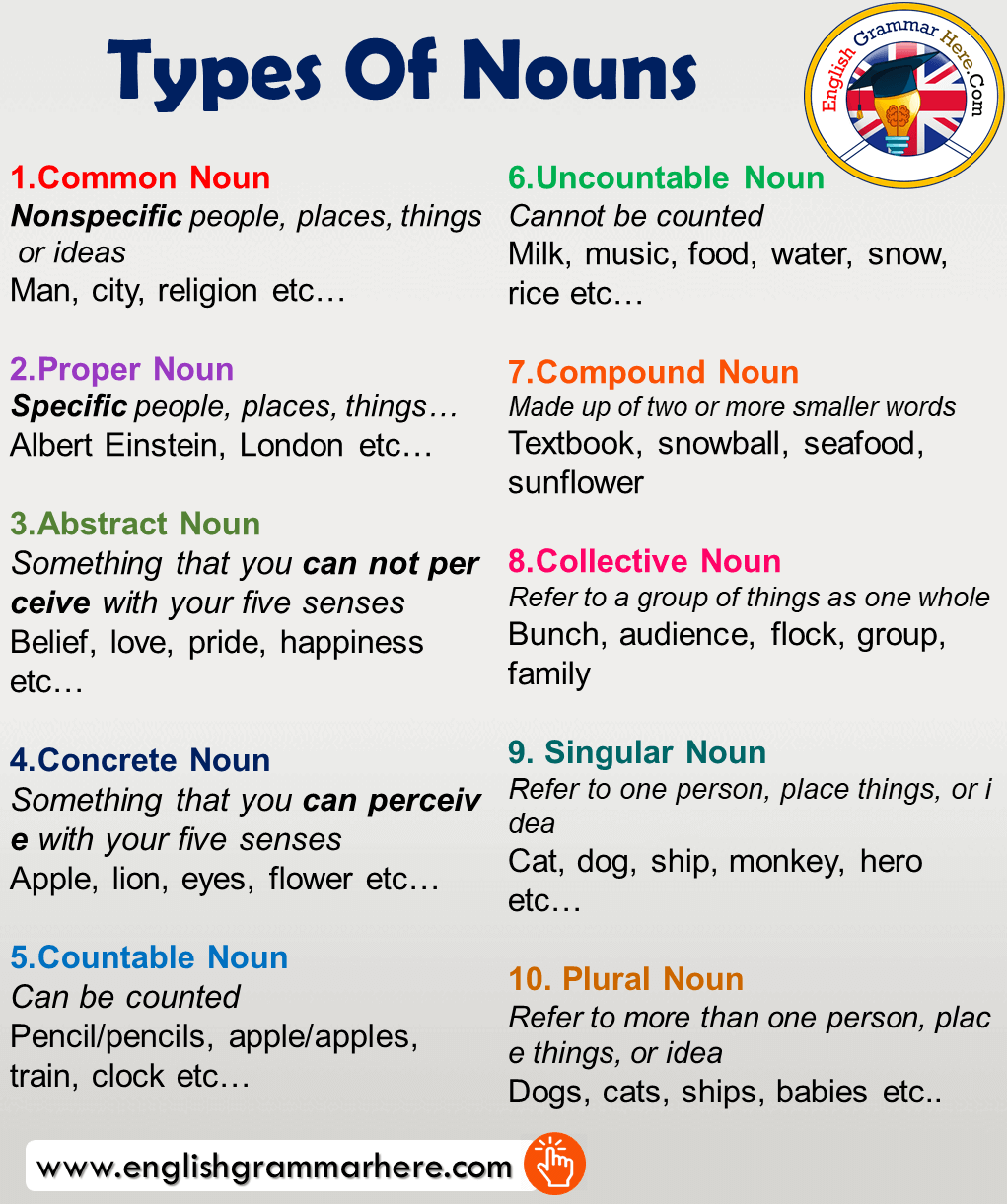
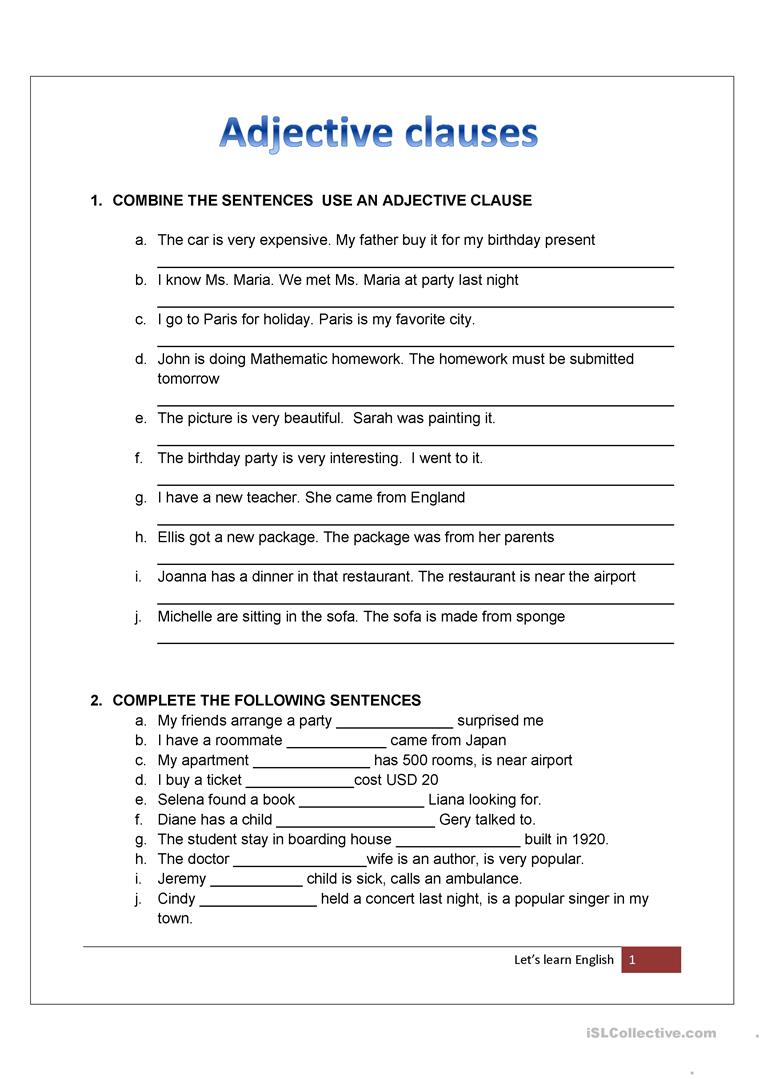



No comments:
Post a Comment
Note: Only a member of this blog may post a comment.